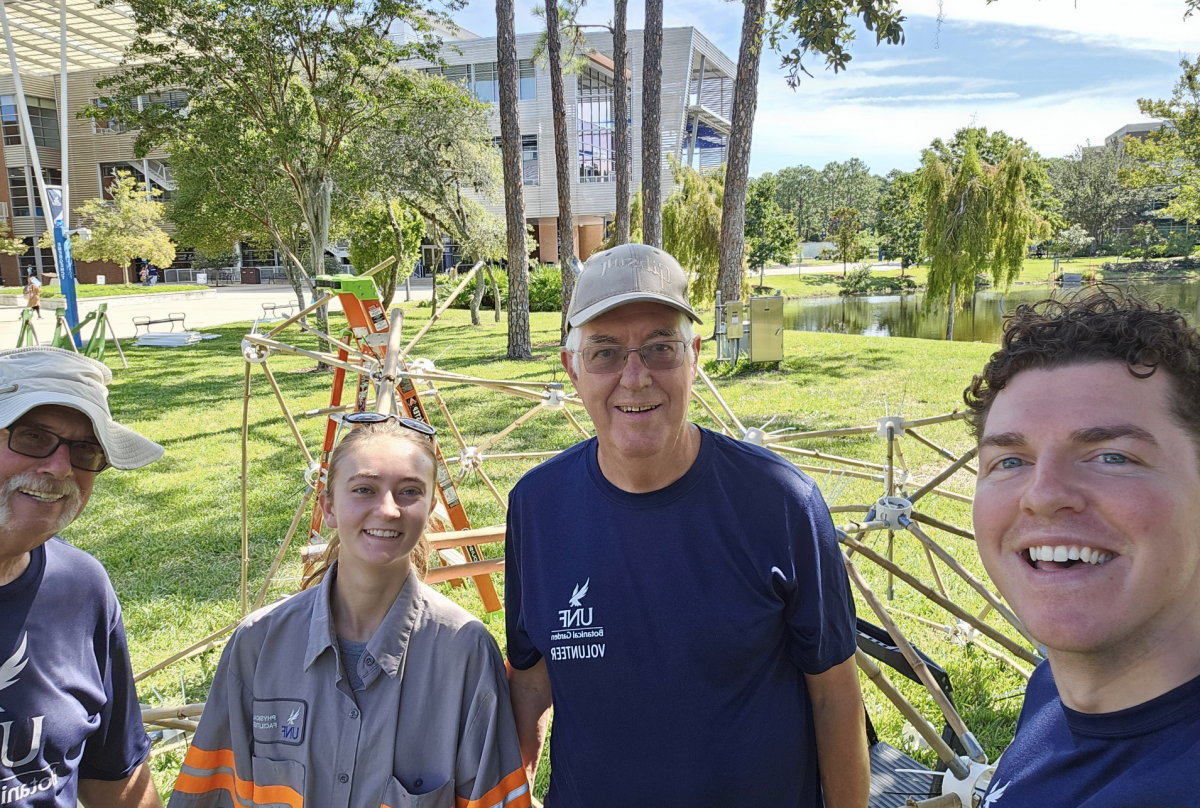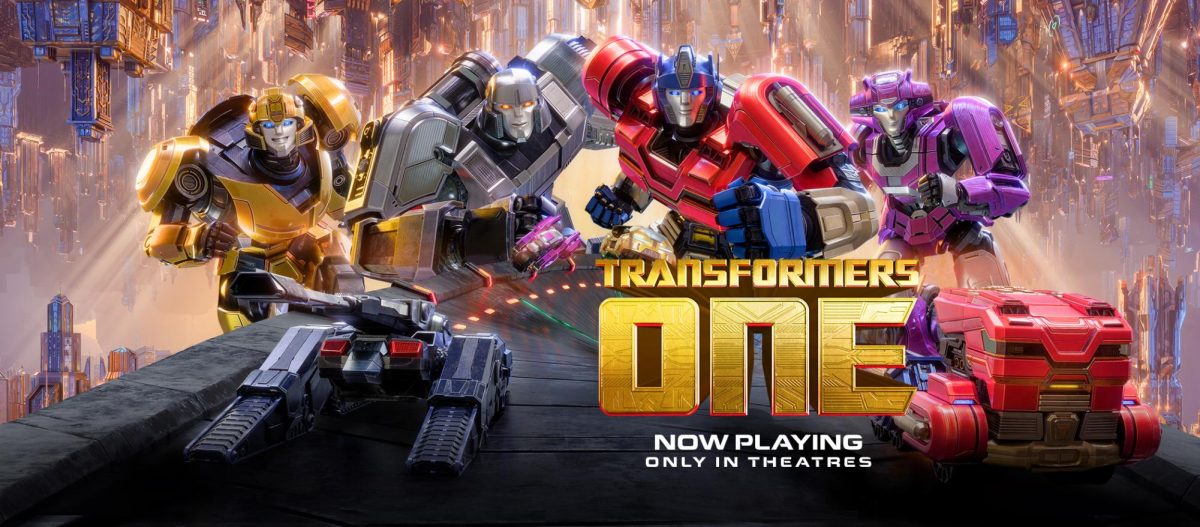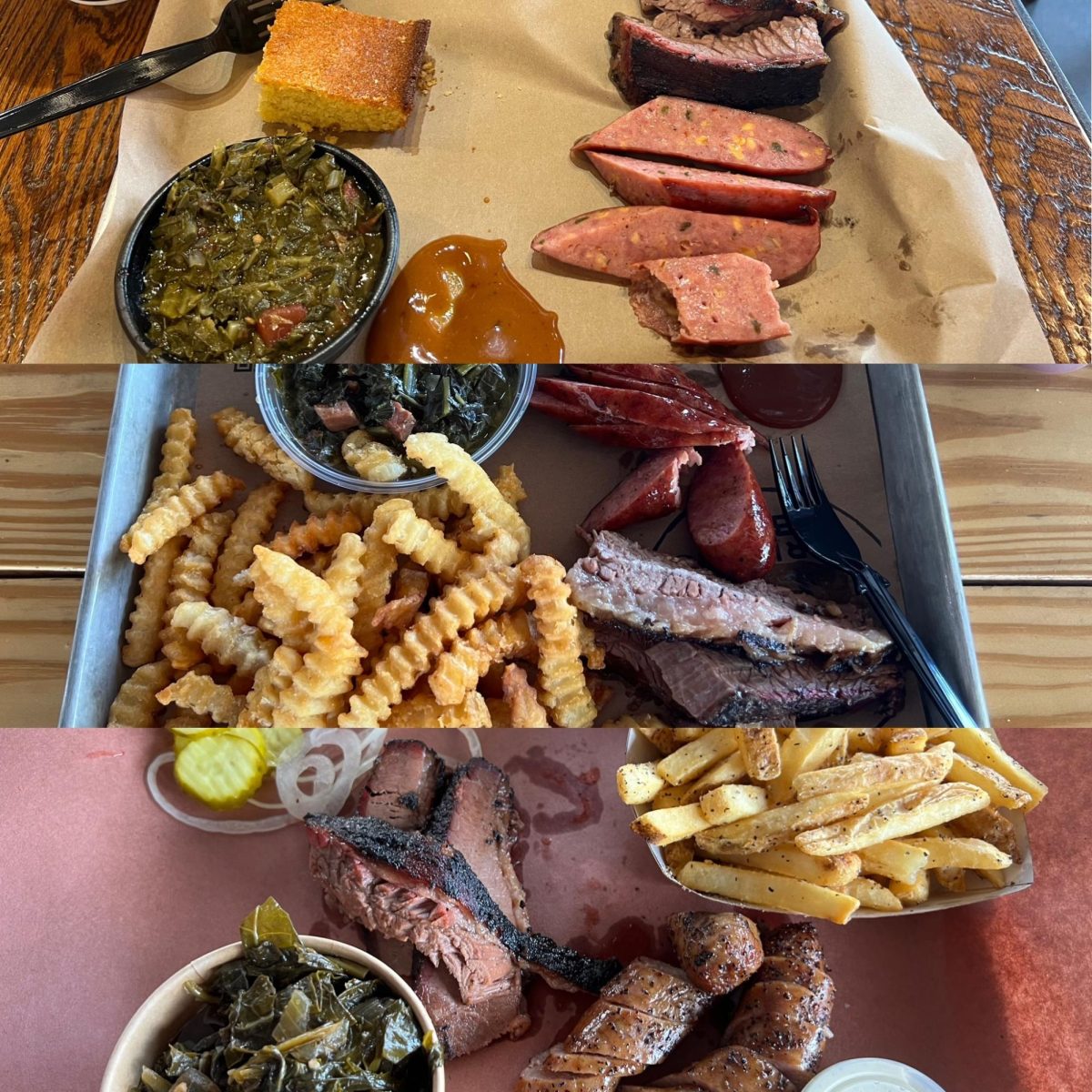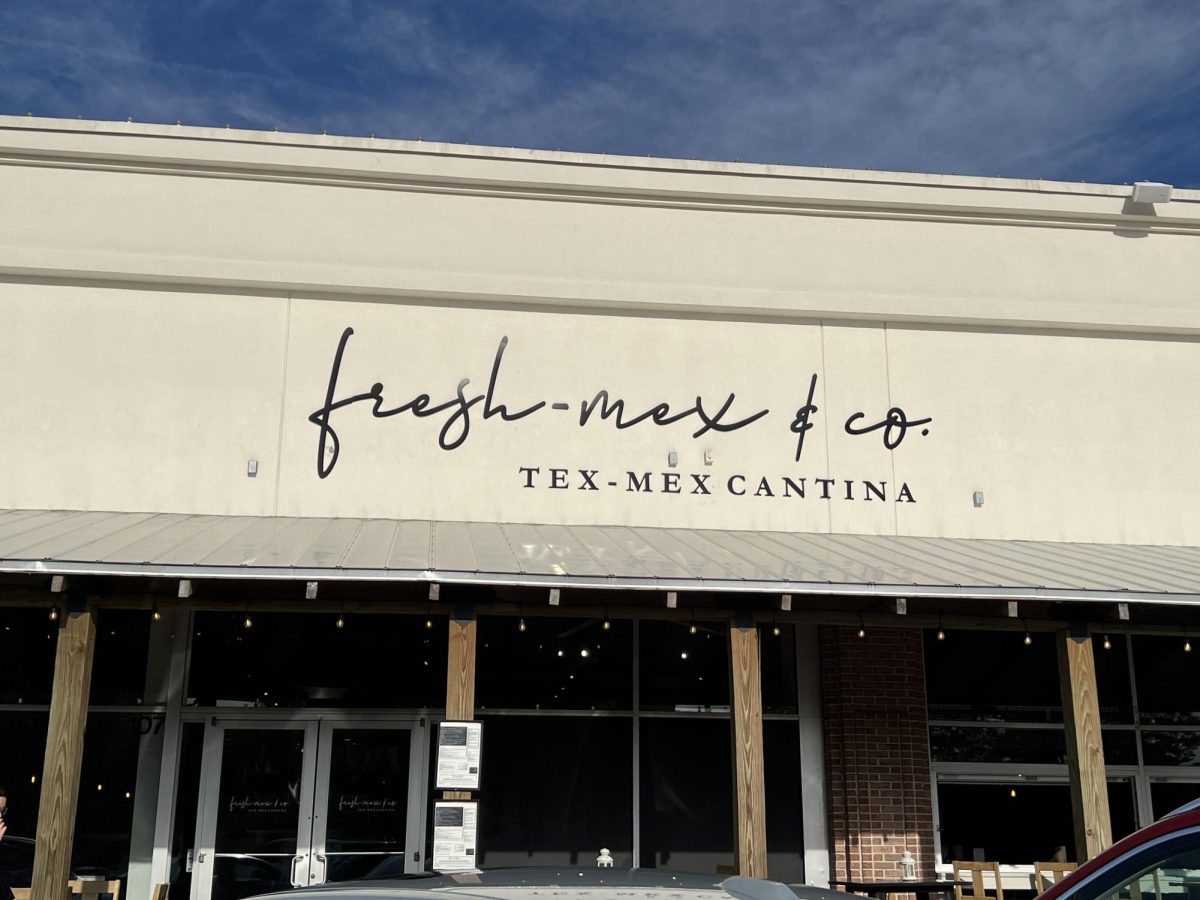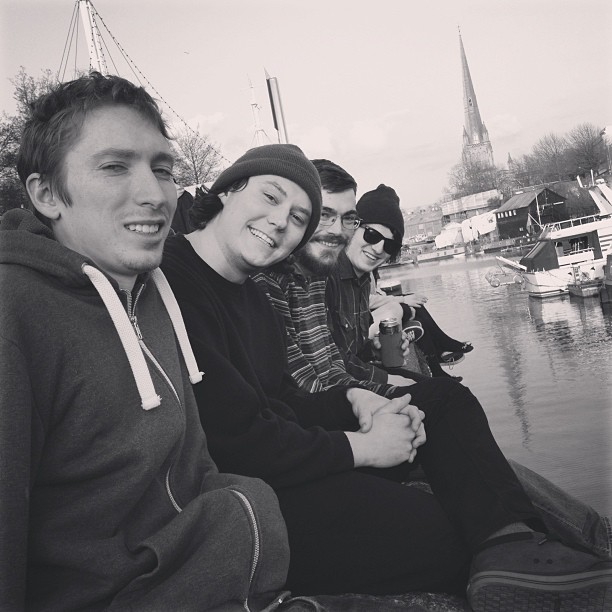
The Front Bottoms are an indie doo-wop pop band out of New Jersey. According to their Wikipedia page their sound is more “American acoustic-dance-indie-punk” but we here at Spinnaker Radio just consider it “good.” Their new album “Talon of the Hawk” has been spinning around the station since it came out May 21st. Just last week, Spinnaker Radio’s music director Mason and I managed a phone interview with Front Bottoms front man Brian Sella while they pulled out of some nameless North Carolina gas station in their (probably) mobile-home-style tour van en route to a show later that night.
Their North American tour runs all summer, and they head to Europe in September.
Spinnaker Radio: You guys have been compared by critics to Say Anyhing and Motion City Soundtrack, what do you think of the comparison?
Brian Sella: I mean, we’ve toured with both of those bands and it’s a pretty easy comparison to make, but I don’t know, it’s kind of hard comparing bands to other bands. I like both bands—I think everybody in those bands is cool, but I can see why some people would compare us to those two because of the song content and overall vibe of it. I think sometimes that we’re more like an indie band. Like that type of genre of music, but whatever people get that’s cool.
SR: Who would say you draw influence from when you’re writing music?
BS: It’s kind of like “who am I listening to that day” sort of. It’s really more of an experience sort of thing. See because musically I’m not very good at my instrument compared to the other guys in the band, so I just kind of focus on working out a melody with lyrics. It’s more “how am I feeling that day” or what kind of experience I’ve had. It’s like, “this is how my friends and I felt that day so this is why that song sounds like that” you know?
SR: Do you want to elaborate more on the writing process?
BS: Usually when I come up with a melody, I’ll kind of structure a whole song around that. But it’ll only be half done and then I’ll bring in Matthew, Ciaran and Tom and we’ll get the song perfected. That is how our songs are birthed; it’s definitely collaborative.
SR: Do you think the collaborative effort helps your music?
BS: For sure. Ever since the beginning, when we had other guys in the band, I think that if you work off other people your music is naturally going to be fresh and have different opinions moving around it, and that’s what it’s all about. I wouldn’t want to listen to my music over and over again if it was just me working on it.
SR: Has your gain in popularity changed your writing process at all?
BS: It hasn’t as of yet. We approach the recording and writing process the same way we’ve always done it. I don’t think we’ll ever change that, either, just because then maybe the sound would change a little more drastically than we would intend it to. I think the way we write music is pretty natural for us. It’s not forced at all, and that’s why I think we enjoy writing music: it comes very easy. My mother said, if it’s too hard to do you’re probably doing it wrong. We try to stick to that motto. My mom’s a genius.
SR: Do you have any philosophies that govern your approach to writing music?
BS: Basically just keep it simple. If I ever get writer’s block or something for like two or three months at a time it’s extremely frustrating I take a step back. When I write music it’s something fun for me to do, so if I ever catch myself saying “I need to write this song” or “this song needs to be better” then there’s no real point to it. I’m supposed to be just having fun. This is something we all enjoy doing. That people enjoy listening to it makes it just a thousand times better, so we keep it simple and relaxed.
SR: Have your live shows changed since the rise in popularity?
BS: We bought confetti cannons and one of those air canisters, you know those guys you see in front of gas stations, and we put those on stage. As we keep going we’re going to try and step it up and put more money back into the show. That’s what it all comes down to, because any amount of money we’ve made has come from performing so we put it back to the audience. You have to make sure they’re having a good time. I think that’s a goal of our tour, that if we can be sure these guys are going to come back to see us next time because they had so much fun. Maybe next time we could have a hot air balloon or—just different ways to get the audience involved. People just want to have fun at shows, so that’s all we’re trying to do.
SR: How does your tour schedule look? Touring all summer and all fall?
BS: Yeah we get a month off, but when we get back from the summer tour that month we’re working on videos, so it won’t end up being a month, it’ll probably end up being a week and then we’ll get going. Because if the ball’s rolling there’s no point in hanging out at home, you know?
SR: So what’s the hardest part for you guys being out on tour?
BS: You just have to be reminded that what you’re doing is something that you’ve always wanted to do and that you’re living your dreams. That’s where we are. You can always think of going home, especially when for three days there’s been nothing but alcohol in your system—which is awesome you know, really cool—but sometimes it’s just “oh my God, I really need to eat a banana or something, I gotta get some vitamins in me.” Other than that, you just have to remember this is what you wanna do and this is why you’re here and you’re making all these people happy.
SR: After your North American tour you guys are heading overseas, is that right?
BS: Yeah that’ll be from September to October, that’ll be our longest tour over there. We’re all very, very excited. The last tour over there was incredible: it almost killed all of us, so we’re very excited to get back over there.
SR: Are you guys pretty excited to play in Jacksonville?
BS: We are. The last time we played Jacksonville, legitimately, one individual showed up. And he showed up like two hours early. And we were like, “Awe dude, what are you doing man?” and we got him in the show free and he came with us on tour and sold merch for like the next year and half. That was pretty cool. We checked it a couple days ago, and I think there was like sixty tickets sold for that show.
SR: You once said the whole idea behind the band was to put off getting a real job and “make it” playing music—has it started feeling like you’ve made it? Sixty tickets compared to one?
BS: Honestly, it feels more fun. That time when that one guy showed up in Jacksonville, that was the time of my life! I thought, “I’m on tour right now, I’m not pushing shopping carts around a parking lot, this is me—I’ve got a place to stay when I go home, but right now, what I’m doing, is incredible.” And that was one person coming to see us. So now, sixty people coming, a hundred coming to Virginia Beach, it’s just like “wow, even more fun.” I don’t think we’ve made it per se, but everything I’m doing is stuff I wanna do. I’m still broke, but I enjoy it more than anything. If anything has changed it’s just that this has become more enjoyable.
SR: “Talon of the Hawk” is an interesting album title, care to elaborate on it?
BS: I had thought of that name around the same time we were finishing all the songs. It came from the same place as a lot of the songs emotionally and it seemed appropriate. And you hear that name, “Talon of the Hawk” and you probably think it sounds like something completely different than what our album sounds like, and I sort of like that. It means people have to take a chance. Even the name of the band, “Front Bottoms.” I know that name probably turns a lot of people off. So right off the bat you’ve got people who aren’t gonna be able to look past a name and just listen to music, which is something I kind of like. Plus “Talon of the Hawk” sounds pretty badass to me. I also like the idea of a knife as an image for “Talon of the Hawk” and with the whole gun control debate and stuff I like the idea of having a knife represent what we are in that moment in time.
One of my friends said, “I didn’t know what a talon was,” and I was like, “You are an idiot.”




